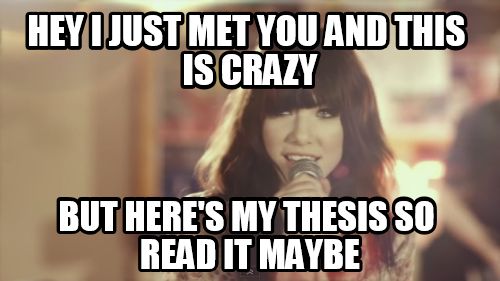Research and the Enquiries team: Rambling into Research (Part 1)
 Strategic plans often seem a little detached from day to day work, don’t they? Filled with buzz words and positive intentions, and printed on glossy paper to stand out from the other communications we receive, they can come across as a bit, well, “airy fairy”. Sometimes it’s really hard to see how the vaguely written ambition applies to the daily grind of work at an enquiry desk, for example.
Strategic plans often seem a little detached from day to day work, don’t they? Filled with buzz words and positive intentions, and printed on glossy paper to stand out from the other communications we receive, they can come across as a bit, well, “airy fairy”. Sometimes it’s really hard to see how the vaguely written ambition applies to the daily grind of work at an enquiry desk, for example.
Part of our process of constant review (via PDR, team meetings etc) is to ensure the work our team complements and fulfills the aims of both the University and the Library Strategic Plans. A key element of the current Library Strategic Plan is to increase and promote research support, and so I find myself with the slightly daunting task of investigating, considering, and sharing with you some of the ways our service can and does support the work of researchers within the University.
I thought long and hard about the best way to do this. Much of what I discovered upon reading the latest issue of Research & Innovation News, and looking through the Research webpages (http://www.port.ac.uk/research/) was both awe-inspiring and terrifying in equal measure. Of course I knew there was a lot of research going on out in the departments, and I’m used to seeing the News items on Staff Essentials when projects hit the media, but I realised I don’t really know that much about the finer detail of research activity, or how it gets recognised. I know we here in the Library have invested in research recently, and that there’s a team of three people in an office on our second floor whose jobs are focused on support for researchers. I know something about Open Access journal publishing, and am beginning to hear about schemes which aim to provide a similar model for books. In the past, I’ve been heavily involved in the InterLibrary Loan service, and I know our researchers are heavy users of this, to the point where I’m familiar with their names and areas of specialism without ever having met them “in person”. But the world of research is fast-moving, and as it’s a key focus within the strategic plans I mentioned, I’ve got to get to grips with it.
The traditional, and now horribly out-dated, stereotype of the librarian helping the researcher by providing them with large brown envelopes stuffed with photocopied journal articles on a subject, or sitting down with them to show them how to use abstracts and indexes more effectively, is certainly a thing of the past. Which is not to say those aren’t things we still provide, just that they are delivered differently and alongside many, many more services. We’re involved with the publication and dissemination of research far more than we’ve ever been in the past, and with the gathering of it into navigable collections.
After a long think and a cup of tea, I decided to start with what I know best.
Over the years, I’ve shown hundreds of students, post-grads and even staff how to find information. It’s my reason for being here, after all. But in todays information landscape it’s impossible for the Library to produce a complete and definitive guide to all the sources researchers may turn to when looking for information. Our Subject Pages each give a tour through the main places they may search and some of the strategies they can use, but I’d like to think they feel just as able as any other client to come and chat to us to find out more if there are still any questions nagging away. There might be more need for information about alert services than database searching, but hey, that’s why researchers are doing research, because they’ve already covered the basics!
So this week I’m going to brush up my knowledge of those alert services, experiment with long and complex advanced searches on Discovery, and think some more about reference management.
I’m also going to carry these words from the soon-to-be-published Research and Innovation Strategy 2015-2020 with me, because despite being from a Strategic Plan, I think they really do reflect quite nicely what we are doing on a daily basis.
“We delight in creating, sharing and applying knowledge to make a difference to individuals and society”
– Updated 30 October 2023 by David Bennett




Leave a Comment (note: all comments are moderated)